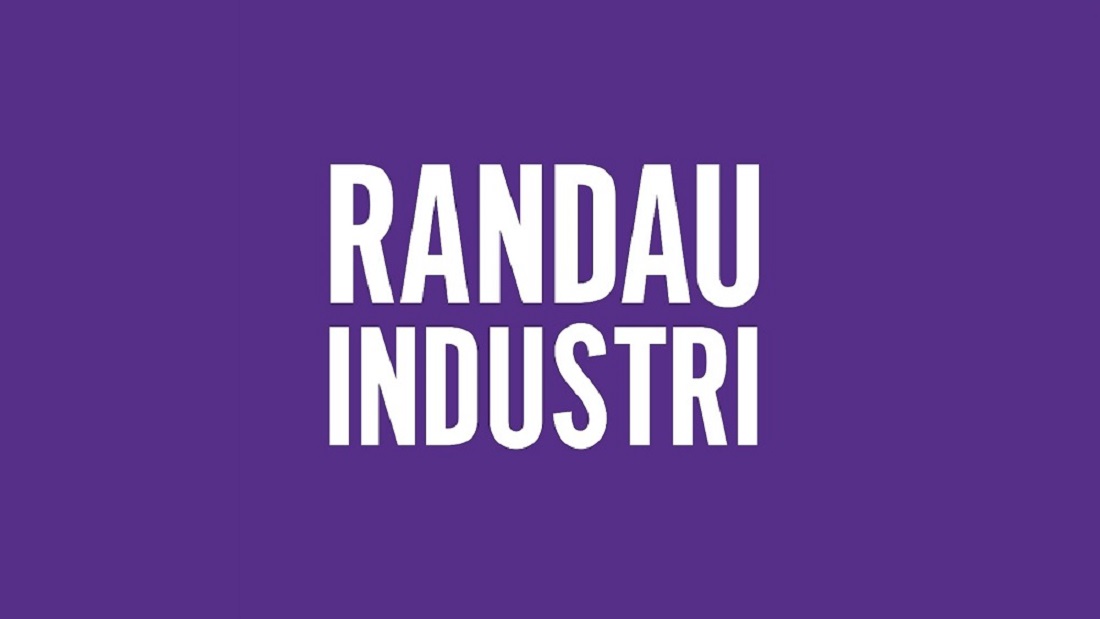By DATUK JASON YAP
[email protected]
“Go digital” - a phrase that most businesses have grown accustomed to hearing over the last few years. More than just a buzzword, the digital transformation journey for most businesses has grown from just an option to expand their customer base to being an absolute necessity, especially since the Movement Control Order (MCO) that began last March.
The latest developments since the pandemic struck have only further spurred on the urgency for many enterprises to move from the traditional brick and mortar to the digital world.
As shared by 70% of nearly 100 respondents in an Ernst & Young live poll - conducted during a webinar for the retail sector - a lot of these businesses actually do realise the pressing need to go digital. Hence, the bigger problem here is no longer the lack of awareness to go digital - it is how to go digital, even more so when they are micro-SMEs, where resources, know-hows and cash flow are arguably limited.
For small businesses, going digital has its own set of challenges
Among the biggest barriers to digital transformation is cost. SMEs might need to develop a plan involving several phases to be able to fully go digital. Thankfully, this is also one of the more straightforward challenges to tackle.
Many e-commerce players have been coming up with various programmes and initiatives to help micro-SMEs in their digital journey. LamboPlace for example, has its very own LamboBazaar, a marketplace for local, homegrown businesses and LamboFresh, dedicated towards providing Malaysians with fresh produce and groceries from local vendors and suppliers to help them turn a profit during the MCO.
By listing on these platforms, not only will these businesses be able to reach a whole new set of customers, they can also take advantage of the platforms’ marketing plans, as well as other facilities which may include a delivery service, payment gateway and customer service.
Through these initiatives, LamboPlace ensures that these SMEs will be guided from A-Z and will get to enjoy free onboarding service, zero registration fee and zero promotion fee on top of subsidies and perks to ease their digital shift. It also takes away the need for them to build their own platform, which can be strenuous on their cash flow during these trying times.
What’s interesting is that none of our vendors are 100% online - most of these online vendors have their own retail shops and some even co-share their retail spaces.
Fulfilling the Demands of Deliveries
With the rise of e-commerce, there is also one other industry that is rising to keep up with the demands of online shopping and order fulfillment - logistics.
When the MCO was first implemented, many logistics players were not yet prepared to face such a huge and unprecedented increase in demand, leading to delays within the whole e-commerce experience.
While the logistics industry has always been an essential service for many, plagued by rising cost and increasing competition, MCO has shown us that there are still a lot of things to be improved, both on the front-end and the back-end.
E-commerce sites have also begun to introduce their own last-mile delivery services. We see this as a good start - by having their own last-mile delivery service, they can provide a more holistic end-to-end e-commerce experience, and troubleshooting issues as well as streamlining operations will become easier.
For vendors on these sites, this means a slew of benefits they can enjoy, such as special delivery rates and a more reliable order tracking system which easily integrates the whole order fulfillment process from stock-keeping at the warehouse up until the order delivery to the customer’s doorstep. Often, these delivery partners also offer same day or next day delivery, at a lower cost.
This is exactly what we had in mind when we introduced LamboMove, our own MCMC-licensed courier service company providing last-mile delivery services, together with the launch of LamboPlace back in 2019.
LamboMove assists businesses by extending their services to local merchants, providing them with a sustainable avenue for online order fulfillment. For 2021, we have laid out plans to further improve and scale up LamboMove for a more seamless shopping experience with LamboPlace, which will also benefit our vendors.
Will this continue in 2021 and beyond?
Since the beginning of MCO, most e-commerce platforms have seen an uptick in SMEs adopting digitalisation as they pivot their businesses online in order to survive. LamboPlace alone has since onboarded more than 350 brands, ranging from fresh food, groceries, FMCG, Home appliances, 3-ply mask and various lifestyle gadgets. This number is expected to increase 25%, from 800 to 1,000 brands in 2021.
Based on the trends and insights that we have gathered, we can see that more home and kitchen appliances have been purchased since the MCO started, as well as crafts, hobby and DIY project materials.
Within the comforts of home, consumers can purchase items online without worrying about going out to conduct their activities. Businesses should really take this opportunity to go online if they haven’t already, since we believe that these online shopping trends will continue, even after the MCO has ended.
One of my personal goals is to provide a trustworthy, reputable and sustaining platform for other homegrown products. Ultimately we want everyone in the ecosystem to help one another and grow together. We want ‘to empower, not exploit; to enrich, not exclude’, and that is our growth mission. - DagangNews.com

The writer is the CEO and Co-founder for LamboPlace and LamboMove. LamboPlace is an up and coming e-commerce marketplace offering Malaysians a high quality curation of lifestyle products.










